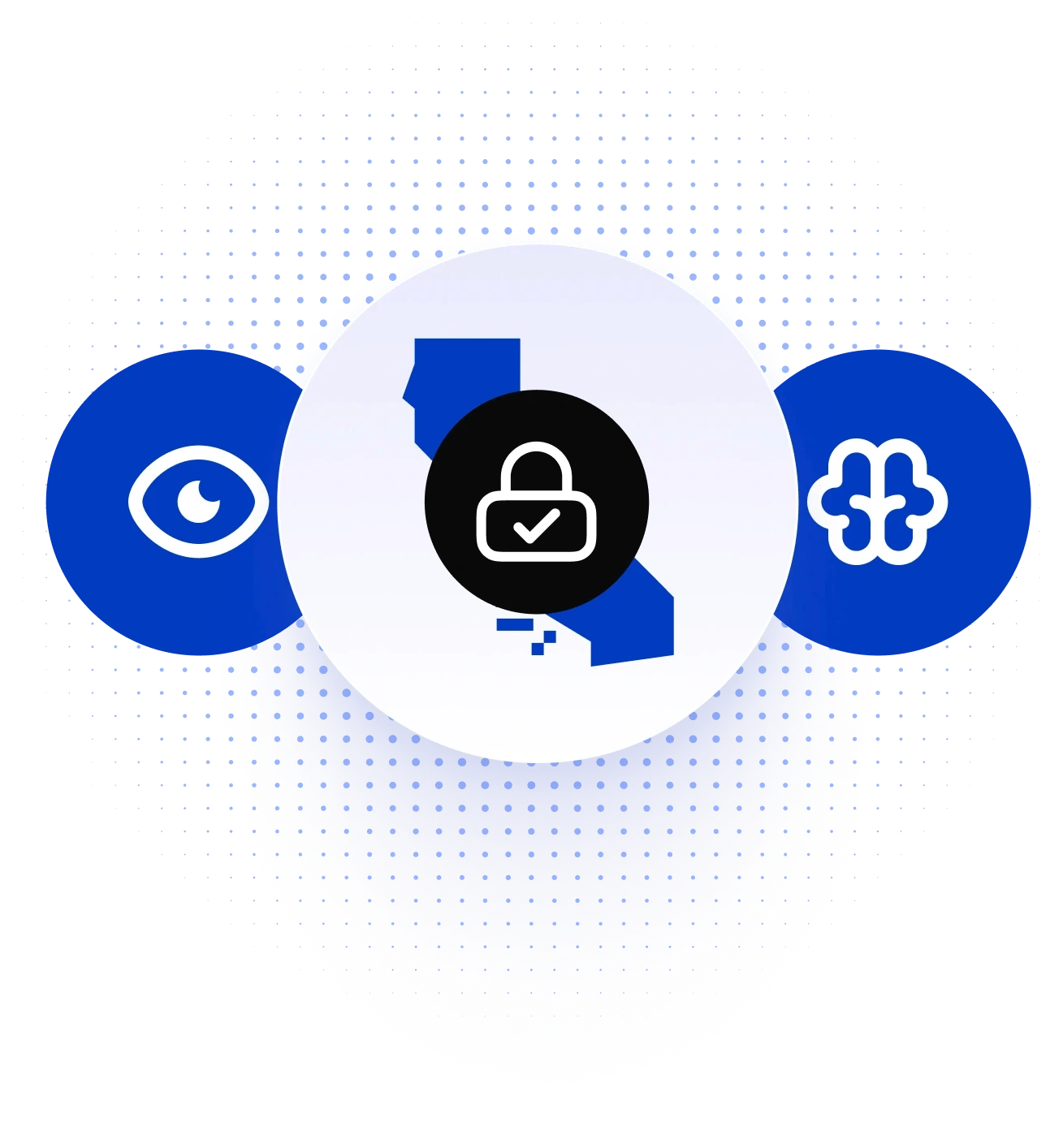Background and Importance of CCPA Compliance
The CCPA, enacted in 2018 and effective from 2020, was the first law of its kind in the United States to provide comprehensive privacy rights to consumers, similar to the GDPR in the European Union. It allows California residents to see what personal information businesses collect about them, request its deletion, and opt out of the sale of their information.
Who Needs CCPA Compliance?
CCPA applies to any for-profit business serving California residents that meets one or more of the following criteria: has annual gross revenues exceeding $25 million; buys, receives, or sells the personal information of 100,000 or more California residents or households; or derives 50% or more of its annual revenues from selling California residents' personal information. Key requirements under CCPA include:
Sensitive Personal Information: CCPA recognizes certain categories of personal information as "sensitive," including data such as Social Security numbers, driver’s license numbers, financial account information, precise geolocation data, racial or ethnic origin, religious beliefs, and biometric data. Businesses must take extra precautions when handling sensitive personal information, including limiting the collection and use of such data to what is reasonably necessary to fulfill the purposes disclosed to the consumer.
Children’s Privacy: CCPA includes additional protections for the personal information of minors. Businesses cannot sell the personal information of consumers under the age of 16 without opt-in consent. For children under 13, opt-in consent must be obtained from a parent or guardian. These provisions align with COPPA (Children’s Online Privacy Protection Act) but extend specific protections to minors up to the age of 16.
Service Providers and Third Parties: CCPA requires businesses to have contracts with third-party service providers that stipulate restrictions on the use of personal information. These contracts must prevent service providers from using, retaining, or disclosing personal information for any purpose other than for the specific purpose of providing services to the business, thereby ensuring data privacy throughout the supply chain.
Annual Reporting and Record Keeping: Businesses that handle large volumes of consumer data or that process sensitive information must maintain detailed records of consumer requests and how they are handled. They may also be required to disclose the number of requests received, complied with, or denied in their privacy policies or upon request. This transparency ensures accountability and demonstrates compliance with CCPA requirements.
Why Do You Need CCPA Compliance?
Legal Requirement: Compliance with CCPA is mandatory for businesses that meet the criteria, avoiding potential penalties.
Consumer Trust: Demonstrating compliance with privacy laws strengthens consumer trust and brand reputation.
Operational Benefits: CCPA compliance encourages businesses to adopt better data management and security practices.
How Walturn Achieves CCPA Compliance
Data Mapping and Inventory: We conduct thorough audits to track what personal information we collect, why we collect it, and with whom it is shared.
Consumer Rights Fulfillment: We have established processes to respond to consumer requests for access, deletion, and opt-out of data sales promptly.
Training and Awareness: We regularly train our employees on CCPA requirements and best practices for data privacy and security.
Third-Party Compliance: We ensure that our third-party service providers and partners comply with CCPA requirements when handling personal information on our behalf. We enter into agreements with these vendors to ensure that consumer data is protected and used per CCPA regulations
Privacy Notices and Policies: We maintain transparent privacy notices that comply with CCPA, detailing the consumers' rights and our data handling practices.
Response to Consumer Requests: We have processes in place to promptly respond to consumer requests related to their personal information under the CCPA, including requests for access, deletion, and opt-out. Our goal is to provide consumers with timely and transparent responses to their inquiries.






































